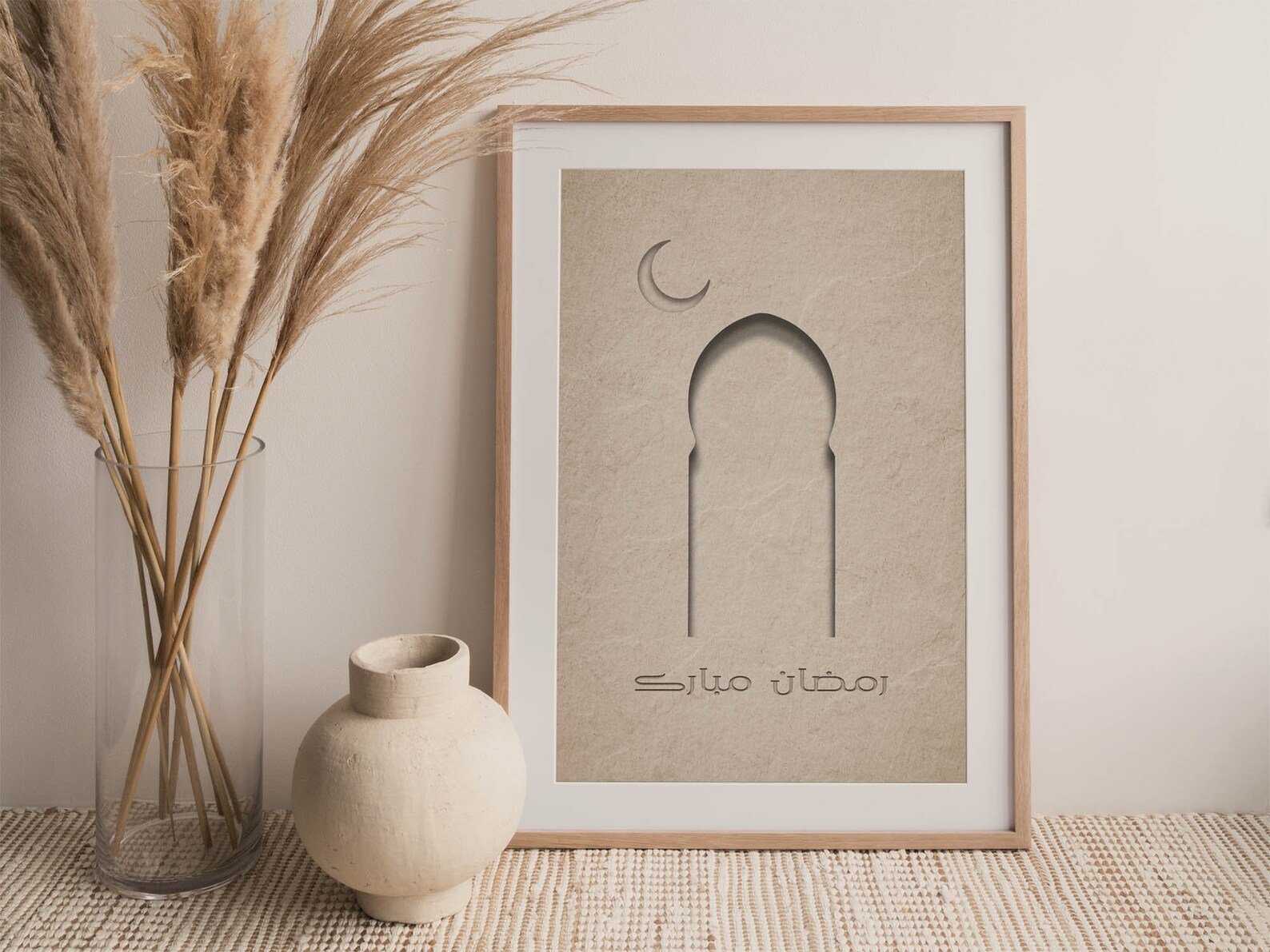Lessons from Ramadan: What Fasting Can Teach Us About Modern Minimalism
Ramadan brings the perfect opportunity to slow down in an increasingly fast-paced and consumer-driven world. How we get full in just ten minutes of eating after a day of fasting is a reminder of how little we actually need to survive and how temporary the pleasures of this world are. Every year, Ramadan serves as a reminder that we are more capable than we often give ourselves credit for.
The word “Ramadan” itself means “parchedness” symbolizing the physical and spiritual thirst one experiences during fasting. Through fasting, Muslims experience spiritual purification, develop empathy for the less fortunate, and strengthen their connection with Allah. Fasting encourages greater charity, nurturing feelings of generosity and gratitude. It also promotes God-consciousness, helping us stay aware of Allah’s presence in every moment of our lives. It is in the state of fasting, we come to realize that we can master our needs and desires, rather than being enslaved by them.
The act of fasting serves as a reality check on the time and energy we invest in consuming to fulfill our desires. Consumption manifests in many forms, whether through food, digital content, entertainment, or material products. However, how much lasting pleasure does consuming really bring us compared to the simplicity we experience during Ramadan? A consumer-driven world harms the environment, raises sustainability concerns, and fosters societal problems such as materialism — all stemming from a relentless pursuit of goods and status. By shifting our focus toward spiritual purification, self-discipline, and empathy, we open ourselves to experiences of inner peace, contentment, and optimism.
But how do we continue to experience the benefits of fasting after Ramadan?
The phrase “less is more” could not be more relevant to our subject today. This idea suggests that fewer possessions and distractions can lead to a more fulfilling and mindful life. The more we can eliminate unnecessary things that drain our time and energy, the more space we create for peace and happiness. While conscious minimalism is not a new concept, it has gained significant attention in recent years. Various cultural and historical practices emphasize a mindset that prioritizes intentionality and simplicity in all areas of life, allowing us to focus on what truly matters. For a Muslim, the only thing that will accompany them into the grave is their deeds. By living simply, we free up more time and energy to perform good deeds.
Here are some actionable steps for living simply:
1. Simplify your routine by structuring your day around the five daily prayers and dedicating time for the recitation of the Quran.
2. Practice gratitude and donate generously – there is always something to be thankful for.
3. Embrace minimalism and shop consciously – climate change is real!
4. Limit social media use – nothing good ever comes out of dooms scrolling.
5. Volunteer your time with a charitable organization – every good deed is valuable.
By carrying these lessons from Ramadan into our daily lives, we can cultivate a lifestyle that not only enriches our spiritual well-being but also leads to a simpler, more fulfilling existence. The spirit of fasting, grounded in simplicity, offers a meaningful path toward living intentionally in a world that constantly urges us to consume more.
